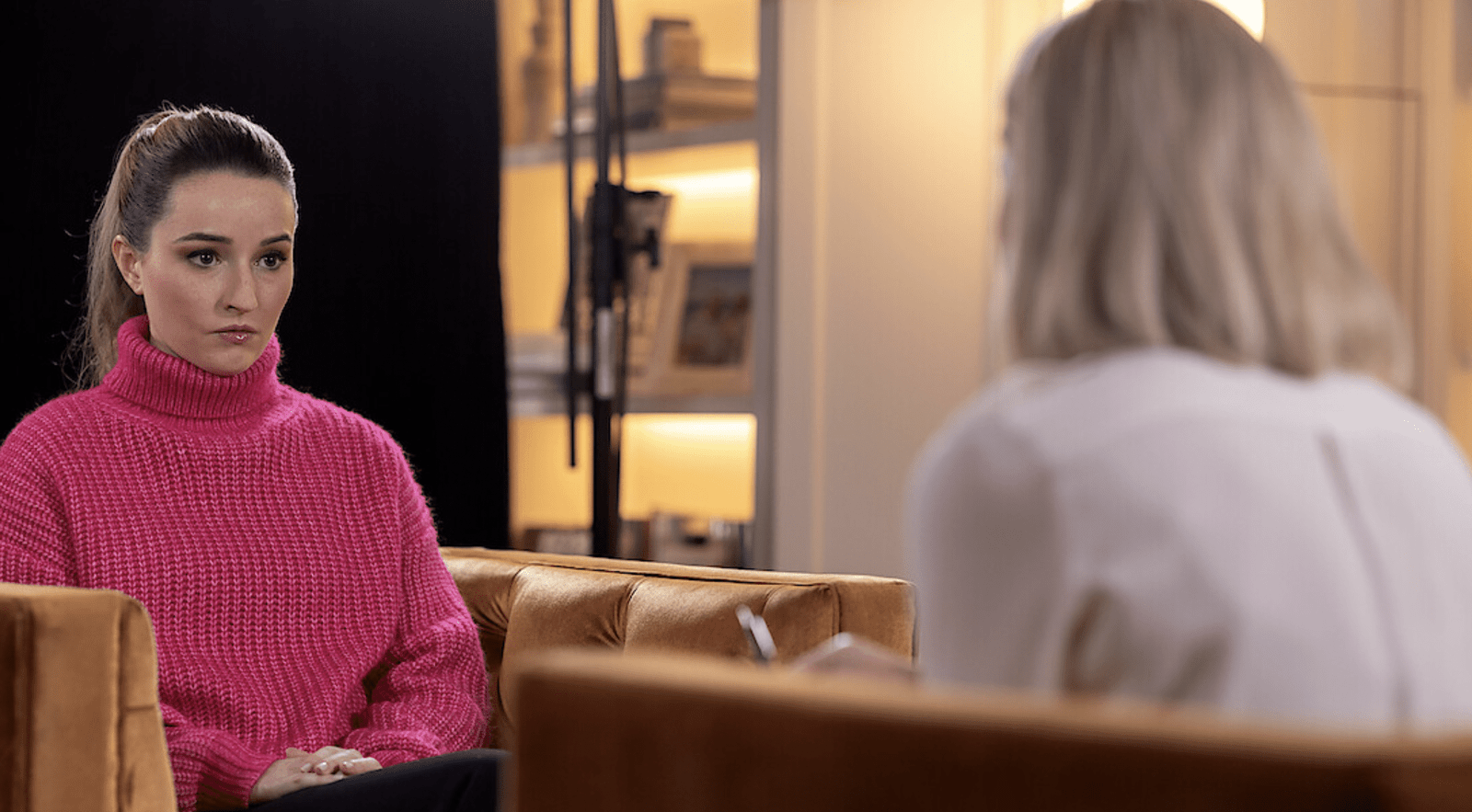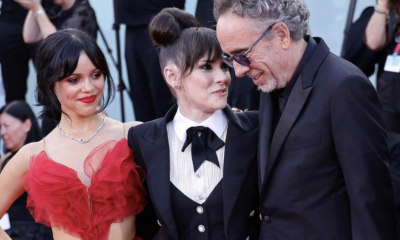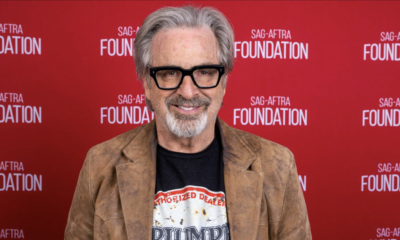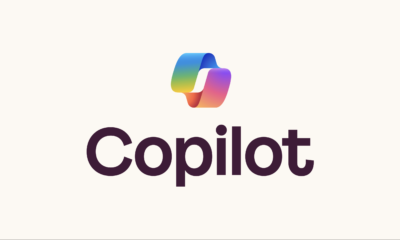Book Adaptation
Netflix’s “Apple Cider Vinegar” Exposes Belle Gibson’s Wellness Scam and the Dark Side of Social Media Fame
Belle Gibson’s success led to The Whole Pantry, a lifestyle app promoting holistic wellness. Apple featured it in its App Store and planned to pre-install it on the Apple Watch. She also secured a book deal with Penguin, further cementing her status as a wellness icon.
Netflix’s latest true-crime drama, Apple Cider Vinegar, revisits one of Australia’s most notorious wellness scams—the rise and fall of Belle Gibson. Once a beloved influencer who claimed to have cured terminal brain cancer through diet and alternative medicine, Gibson was ultimately exposed as a fraud, deceiving thousands of followers and major companies like Apple and Penguin Books with her wellness scam.
Created by Samantha Strauss, the six-episode series is based on The Woman Who Fooled the World, a book by investigative journalists Nick Toscano and Beau Donelly, who first uncovered Gibson’s deception in 2015. Starring Kaitlyn Dever in a chillingly convincing performance, Apple Cider Vinegar explores how social media, misinformation, and the wellness industry enabled Gibson’s rise—and her inevitable downfall.
The Making of a Wellness Guru
Belle Gibson’s story began in the early days of Instagram, where she presented herself as a young mother battling malignant brain cancer. Rejecting traditional medical treatments like chemotherapy, she claimed to have healed herself naturally through “nutrition, patience, determination, and love.” This inspiring yet entirely fabricated tale earned her a massive following and lucrative business deals.
Belle Gibson’s success led to The Whole Pantry, a lifestyle app promoting holistic wellness. Apple featured it in its App Store and planned to pre-install it on the Apple Watch. She also secured a book deal with Penguin, further cementing her status as a wellness icon.
However, Gibson’s empire was built on lies. She had never been diagnosed with cancer, had fabricated details about her life—including her age—and had failed to donate promised proceeds to charities. As investigative journalists dug more profound, her story unravelled, leading to widespread public outrage.
View this post on Instagram
Netflix’s Take: The Dangerous Appeal of Alternative Wellness
Netflix’s Apple Cider Vinegar takes a nuanced approach, exposing Belle Gibson’s fraud and exploring why people fall for such deceptions. The series introduces fictional characters like Milla Blake (Alycia Debnam-Carey), a rising wellness influencer who promotes extreme diets over medical treatments, and Lucy (Tilda Cobham-Hervey), a cancer patient desperately seeking alternatives to brutal chemotherapy.
Samantha Strauss, the show’s creator, emphasizes that the allure of alternative medicine often stems from frustration with conventional healthcare. “The promise of an easier, prettier solution is intoxicating,” she explains. The series highlights how misinformation spreads through social media, creating echo chambers where desperate individuals cling to false hope.
Trump Appoints Sylvester Stallone, Mel Gibson, and Jon Voight as Ambassadors to Revive Hollywood
A True Story “Based on a Lie”
In a clever narrative choice, the show presents events through multiple perspectives and a scrambled timeline, avoiding a simple hero-villain dynamic. A disclaimer before each episode reminds viewers that Apple Cider Vinegar is “a true story based on a lie,” reinforcing the theme of deception.
Additionally, the show repeatedly assures audiences that “Belle Gibson has not been paid for the recreation of her story,” likely a response to Netflix’s past controversies, such as paying fake heiress Anna Sorokin for Inventing Anna.
Belle Gibson’s Legacy: A Warning for the Digital Age
Although Australian courts fined Gibson $410,000 for misleading consumers, she has reportedly failed to pay and continues to be scrutinized. The show leaves her fate open-ended, with Dever’s Belle breaking the fourth wall to tell viewers to “Google it for themselves.”
As Apple Cider Vinegar thrusts Gibson back into the global spotlight, its more profound message is clear: In the age of social media, misinformation is a powerful tool that can uplift influencers and endanger lives, and alternative wellness scams have a way of getting under your skin.







































